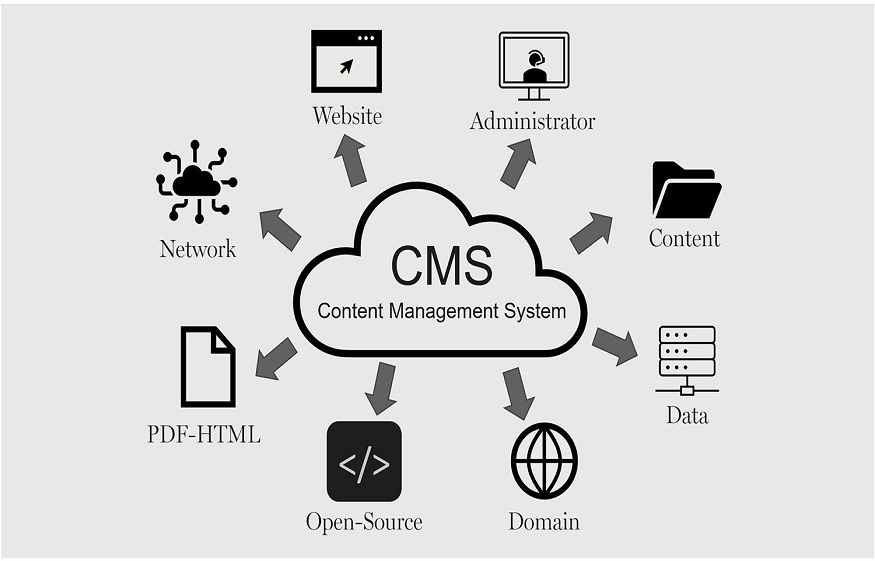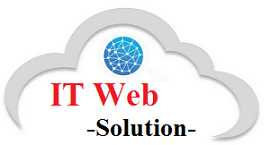Why WordPress is the Best CMS for Media Companies

In today’s fast-paced digital landscape, media companies face constant pressure to produce, publish, and distribute content quickly while maintaining high standards of quality and engagement. Whether it’s a news agency, online magazine, or a broadcasting company with an online presence, having the right Content Management System (CMS) is crucial. Among the many CMS platforms available, WordPress consistently stands out as the best CMS for media companies, offering unmatched flexibility, scalability, and ease of use.
The Role of a CMS in Modern Media
A CMS is the backbone of digital publishing. It allows media organizations to create, manage, and distribute content without needing to build everything from scratch. For media companies in particular, a CMS must handle large volumes of content, manage multiple contributors, and deliver information to audiences instantly across devices. WordPress has evolved into a platform that excels in these areas, making it the top choice for digital media operations.
Why WordPress Leads the Pack
1. Unmatched Flexibility and Customization
Media companies have diverse needs: some focus on breaking news updates, others on long-form journalism, and some blend written content with videos, podcasts, or interactive features. WordPress accommodates all these formats effortlessly.
- Themes: Thousands of customizable themes let media companies design websites that reflect their brand identity.
- Plugins: With over 60,000 plugins, WordPress offers tools for SEO, security, advertising integration, and multimedia management. For example, plugins like WP Rocket improve site speed, while Yoast SEO ensures articles rank well in search engines.
- Custom Development: For companies with unique requirements, WordPress allows full customization through coding, ensuring no creative or functional limitation.
This adaptability is why leading media giants like The New Yorker, BBC America, and TechCrunch use WordPress to power their platforms.
2. Scalability for High Traffic
One of the biggest challenges for media companies is handling traffic spikes, especially during breaking news or viral content. WordPress, when paired with robust hosting solutions and performance optimizations, can manage millions of page views without crashing.
Media companies benefit from features such as:
- Content Delivery Networks (CDNs) for faster global distribution.
- Load balancing and caching tools to handle sudden surges in visitors.
- Cloud hosting compatibility that scales resources automatically.
This scalability ensures that audiences always have access to the latest news, no matter how many visitors flood the site at once.
3. Ease of Use for Large Teams
Media companies often have large editorial teams, including writers, editors, photographers, and video producers. WordPress is user-friendly, allowing contributors to focus on creating content rather than wrestling with technical complexities.
- User Roles and Permissions: Editors, authors, and administrators can be assigned specific access levels to streamline workflow and maintain security.
- Collaboration Tools: Plugins like Edit Flow enable editorial calendars, content scheduling, and workflow management, ensuring smooth collaboration across departments.
- Quick Publishing: With its intuitive dashboard, WordPress makes it easy to upload stories, images, or videos in minutes.
This ease of use dramatically increases productivity while reducing training costs.
4. SEO and Audience Reach
For media companies, visibility is everything. WordPress is built with SEO-friendly architecture that makes it easier for search engines to index and rank content. Beyond that, plugins like Yoast SEO and Rank Math empower editors to fine-tune articles with keyword optimization, meta descriptions, and readability improvements.
Additionally, WordPress integrates seamlessly with social media platforms, allowing instant sharing of articles across channels like Twitter, Facebook, and LinkedIn. This built-in capability helps media outlets maximize audience engagement and reach.
5. Cost-Effectiveness
Compared to proprietary CMS platforms, WordPress offers a cost-efficient solution. It is open-source and free to use, with expenses primarily coming from hosting, premium themes, and select plugins. For startups or smaller media companies, this lowers entry barriers. Even large organizations benefit by saving on licensing fees while enjoying access to enterprise-level features through customization.
6. Strong Security Features
Security is critical for media companies that manage sensitive information and face cyber threats. WordPress has a robust security framework, with regular updates to patch vulnerabilities. By implementing secure hosting, SSL certificates, firewalls, and security plugins such as Wordfence, companies can safeguard their digital assets effectively.
Additionally, user access controls and backup systems further enhance security, giving media teams confidence that their work is protected.
7. Mobile Responsiveness
In today’s world, most readers consume news on mobile devices. WordPress themes are designed to be responsive, ensuring websites look and perform well across smartphones, tablets, and desktops. This not only improves user experience but also boosts SEO rankings since Google prioritizes mobile-friendly sites.
8. Supportive Community and Resources
With millions of users worldwide, WordPress has one of the largest open-source communities. This translates into constant innovation, regular updates, and a wealth of tutorials, forums, and professional developers available for support. Media companies never have to worry about being left without solutions when challenges arise.
Case Studies: Media Giants on WordPress
- The New Yorker: Combines stunning visuals with feature-rich storytelling.
- BBC America: Handles massive traffic while delivering real-time content updates.
- TechCrunch: Publishes technology news and reviews with seamless multimedia integration.
These examples prove that WordPress is not just for blogs—it’s robust enough to handle the demanding needs of international media outlets.
Final Thoughts
In a competitive media landscape where speed, reliability, and audience engagement are non-negotiable, WordPress emerges as the best CMS for media companies. Its flexibility, scalability, cost-effectiveness, and user-friendly design make it a perfect match for organizations ranging from small digital startups to global news giants.
By choosing WordPress, media companies gain more than just a publishing platform—they acquire a tool that adapts to their growth, empowers their teams, and connects them with audiences worldwide. For any media organization looking to future-proof its digital presence, WordPress remains the clear and unbeatable choice.








